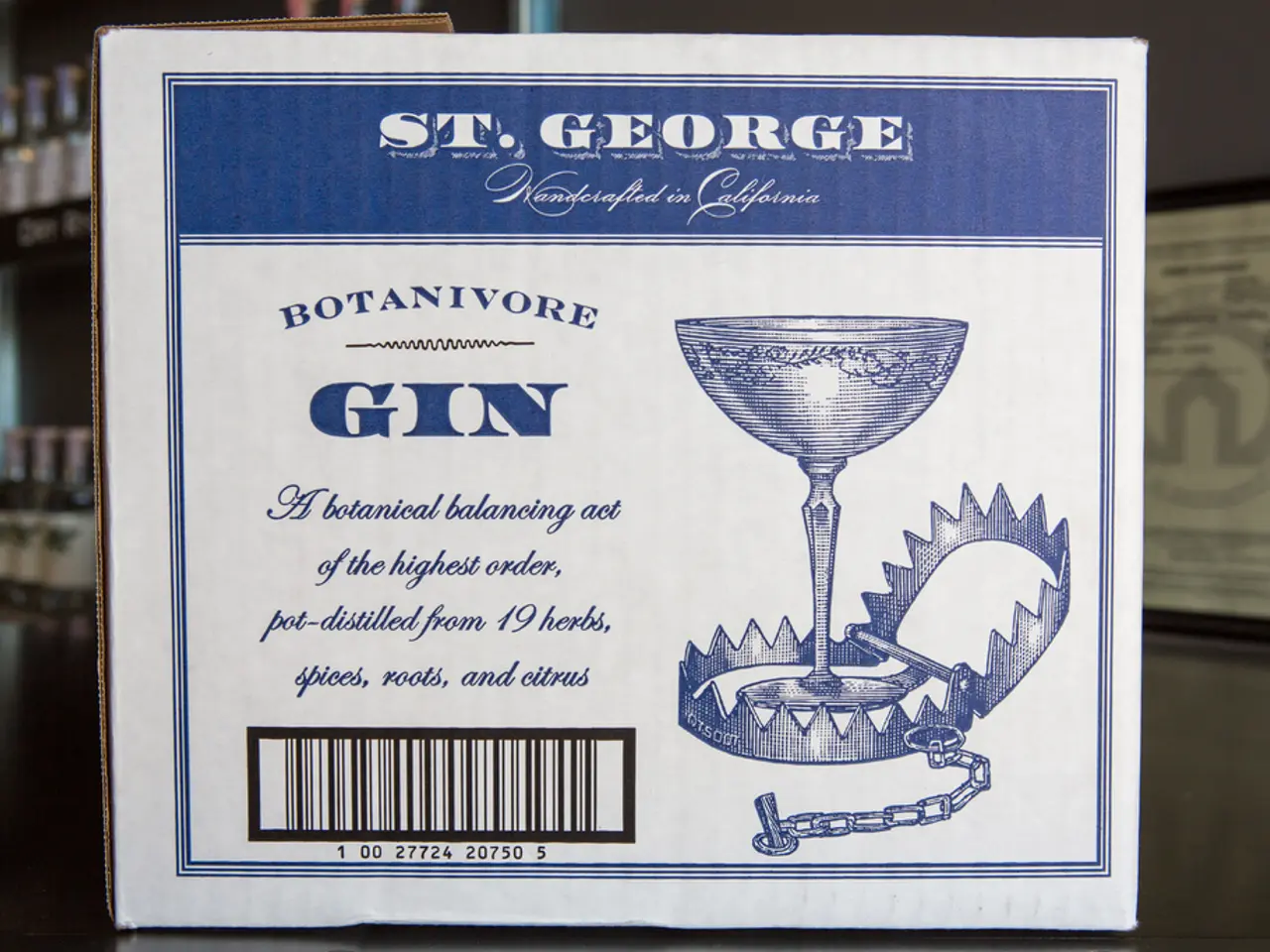Some Supplements May Effectively Treat Depression, According to a New Study
In a recent comprehensive review, researchers examined the current landscape of over-the-counter (OTC) herbal products and supplements for depression, categorising them based on the strength and volume of evidence.
The review, which assessed 209 clinical trials that evaluated 64 OTC products, found four products with substantive evidence backing their use in managing depression symptoms: omega-3 fatty acids, St. John’s Wort, saffron, and probiotics. These products have been extensively studied and consistently shown benefits for depressive symptoms in adults aged 18-60 years.
Several herbal and nutritional supplements showed promising but still limited evidence and merit further research. These include folic acid, lavender, zinc, tryptophan, rhodiola rosea, lemon balm, curcumin (turmeric), resveratrol, berberine, and ashwagandha. Although these products have demonstrated potential clinical benefits in randomised controlled trials, more robust, larger-scale studies and better safety data reporting are needed to confirm their efficacy and safety.
For around 41 products, research is limited to single trials or very few studies, making it difficult to draw firm conclusions about their effectiveness or safety. These warrant cautious interpretation and highlight the importance of replication and larger clinical studies to confirm preliminary findings.
Many people use OTC herbal products either while waiting for conventional treatment or as adjuncts, often without clear guidance. This highlights the need for improved and accessible information based on rigorously evaluated evidence. Safety profiles of the products studied were generally good, with few serious adverse effects reported, even when used alongside antidepressants.
Future research recommendations emphasise evaluating how herbal medical products can complement or augment antidepressants, investigating combined uses with psychological therapies for integrative treatment approaches, and improving safety reporting and clinical trial design for these supplements.
The review identified several products with an emerging evidence base that warrant further research, including lavender, lemon balm, chamomile, and Echium. Bitter orange, Persian lavender, and chamomile tea also showed positive effects in two trials each.
It is important to note that many popular supplements, like melatonin and magnesium, had mixed results and lacked sufficient evidence. Only one study looked at whether taking an OTC product (folic acid) saved the health service money - it was not more effective than placebo and did not lead to savings.
The findings highlight the importance of evidence-based choices when selecting OTC products for depression. The review focused on clinical trials where the product was taken for more than one week, and studies were conducted in adults aged 18-60 years with depression symptoms or a diagnosis.
Depression is increasingly common, with 11.3% of people in the UK reporting mild depressive symptoms, 4.2% reporting moderate symptoms, and 3.3% reporting severe symptoms. Prebiotics, which support the good bacteria in our gut, and a supplement called SAMe did not seem to be better than placebo.
Ginseng, gingko, lime flowers, orange blossom, and peppermint are other commonly used herbal medicines for depressive symptoms, but no studies have evaluated these products. St John's Wort, saffron, probiotics, vitamin D, and omega-3s were among the products with substantive evidence, having more than 10 trials.
The review was part of a larger series of studies, also looking into products for anxiety and insomnia. It underscores the need for ongoing research to provide evidence-based guidance for the use of OTC products in managing mental health conditions.
- The comprehensive review in neuroscience news highlighted four supplements with substantive evidence for managing depression symptoms: omega-3 fatty acids, St. John’s Wort, saffron, and probiotics.
- Although lavender, lemon balm, chamomile, and Echium showed promising results, they require further research to confirm their efficacy and safety in neuroscience.
- Many people use over-the-counter (OTC) herbal products for depression, either as adjuncts or while waiting for conventional treatment, public health-and-wellness education should emphasize evidence-based choices.
- Among the supplements and herbal products, St John's Wort and saffron were found to have more than 10 trials, indicating a stronger evidence base in neuroscience.
- In the UK, depression is increasingly common, and while mental-health therapies-and-treatments are being explored, nutritional supplements like prebiotics and SAMe did not seem to be better than placebo in the current landscape of neuroscience.




